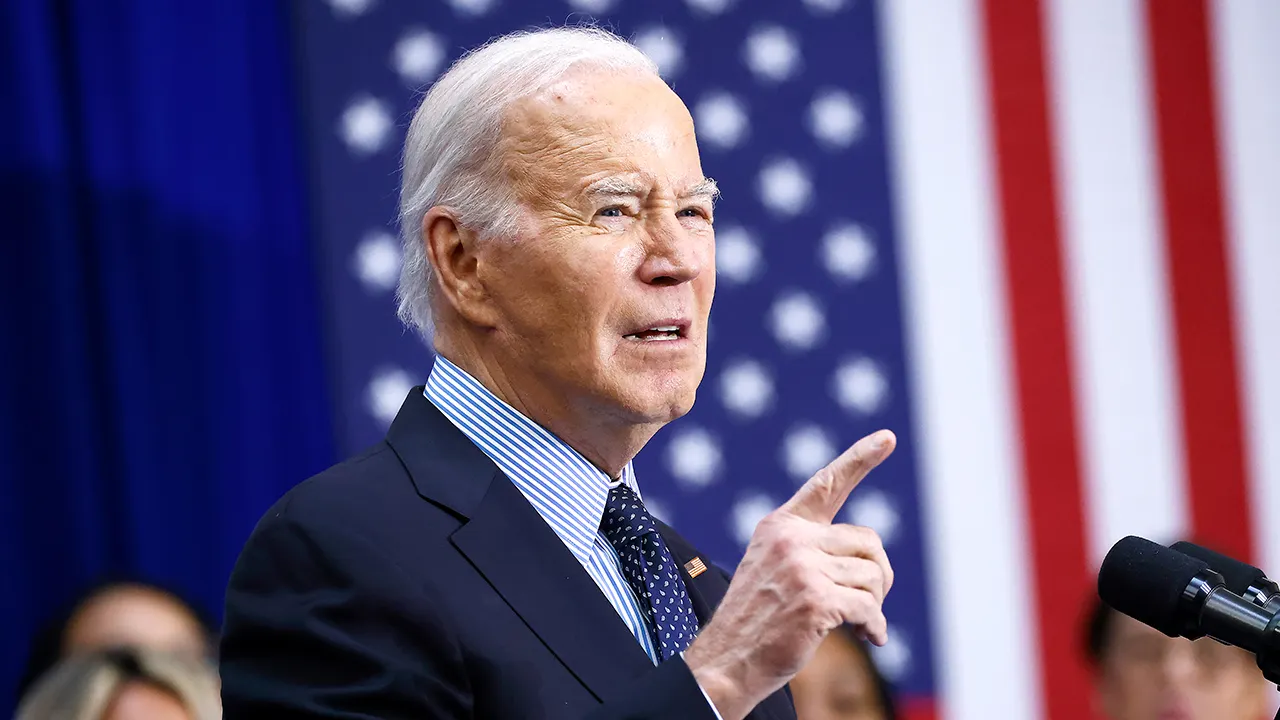RFK Jr. Proposes New Global Health Alliance, Steering Clear of WHO's Pandemic Agreement

In a bold move that could reshape international health collaboration, Robert F. Kennedy Jr., the current U.S. Health Secretary, has urged nations to partner with the United States on global health initiatives outside the framework of the World Health Organization (WHO). This announcement comes shortly after Kennedy Jr. voiced his strong opposition to and rejection of a recently adopted pandemic agreement within the WHO.
Kennedy Jr.'s call for a new approach signals a significant shift in U.S. strategy regarding global health governance. He argues that the WHO, despite its noble intentions, has become overly bureaucratic and susceptible to political influence, hindering its effectiveness in responding to global health crises. His criticisms echo concerns raised by various experts and policymakers regarding the organization's transparency and accountability.
“We need a new model for global health cooperation,” Kennedy Jr. stated in a press conference on Tuesday. “One that is built on trust, transparency, and a genuine commitment to protecting the health of all people. The recent pandemic agreement, in my view, falls short of these ideals and could potentially undermine national sovereignty and individual liberties.”
The pandemic agreement, finalized by WHO members, aims to establish a framework for international cooperation in preventing and responding to future pandemics. However, Kennedy Jr. believes the agreement grants the WHO excessive authority over member states, potentially leading to intrusive interventions and restrictions on national decision-making. He specifically cited concerns about data sharing requirements and the potential for the WHO to dictate public health policies.
Kennedy Jr.'s proposal envisions a collaborative network of nations working together on shared health challenges, prioritizing scientific integrity and evidence-based decision-making. He emphasized the importance of empowering local communities and respecting national autonomy in health policy. The U.S. would actively seek partnerships with countries that share these values, focusing on areas such as disease surveillance, vaccine development, and public health preparedness.
This initiative isn't without its challenges. Building a new global health alliance requires significant diplomatic effort and resources. Furthermore, it faces the hurdle of convincing other nations to abandon or diminish their reliance on the WHO, an organization with decades of established influence. However, Kennedy Jr. remains optimistic, arguing that the potential benefits of a more agile and accountable global health system outweigh the difficulties.
The move is likely to spark debate among international health experts and policymakers. While some may applaud Kennedy Jr.'s call for reform and greater accountability, others may warn against fragmenting the global health response and weakening the WHO's ability to coordinate efforts during future pandemics. The coming months will be crucial in determining the fate of Kennedy Jr.'s proposal and its potential impact on the future of global health cooperation. The U.S. is positioning itself as a leader in forging a new path, one that prioritizes national sovereignty and evidence-based approaches to safeguarding global health.






